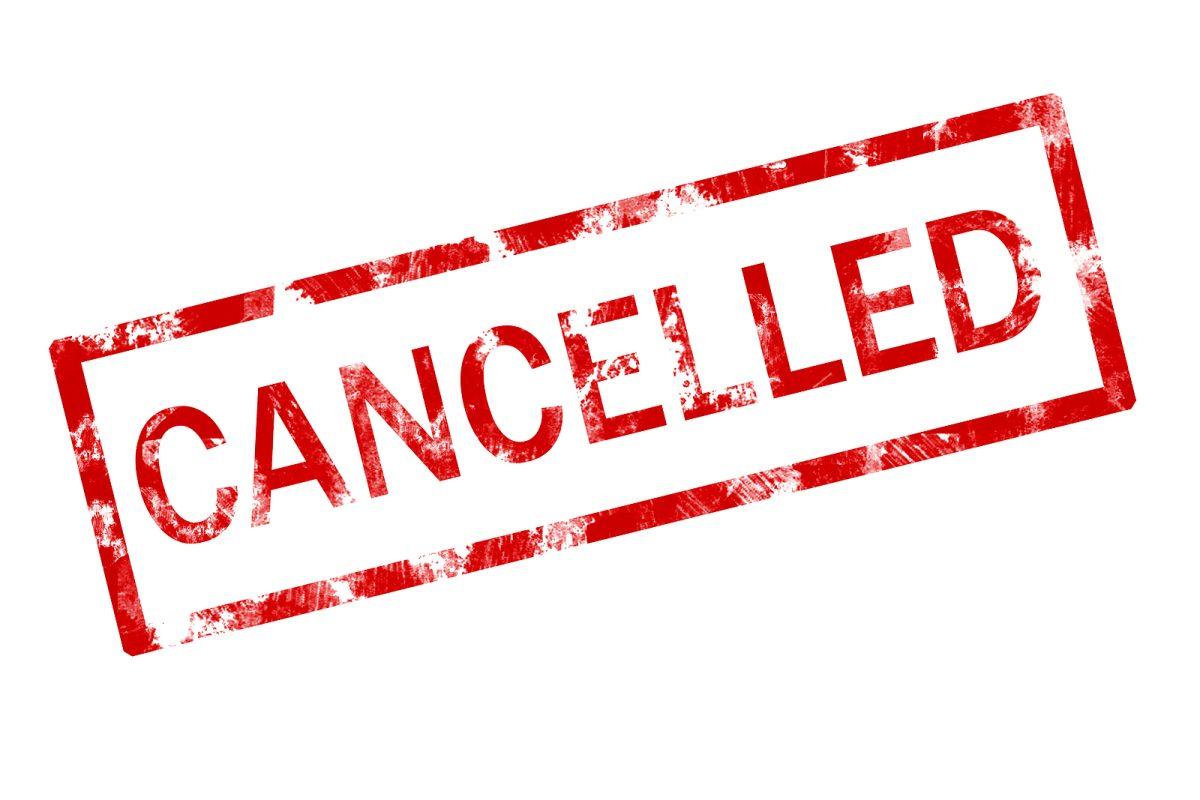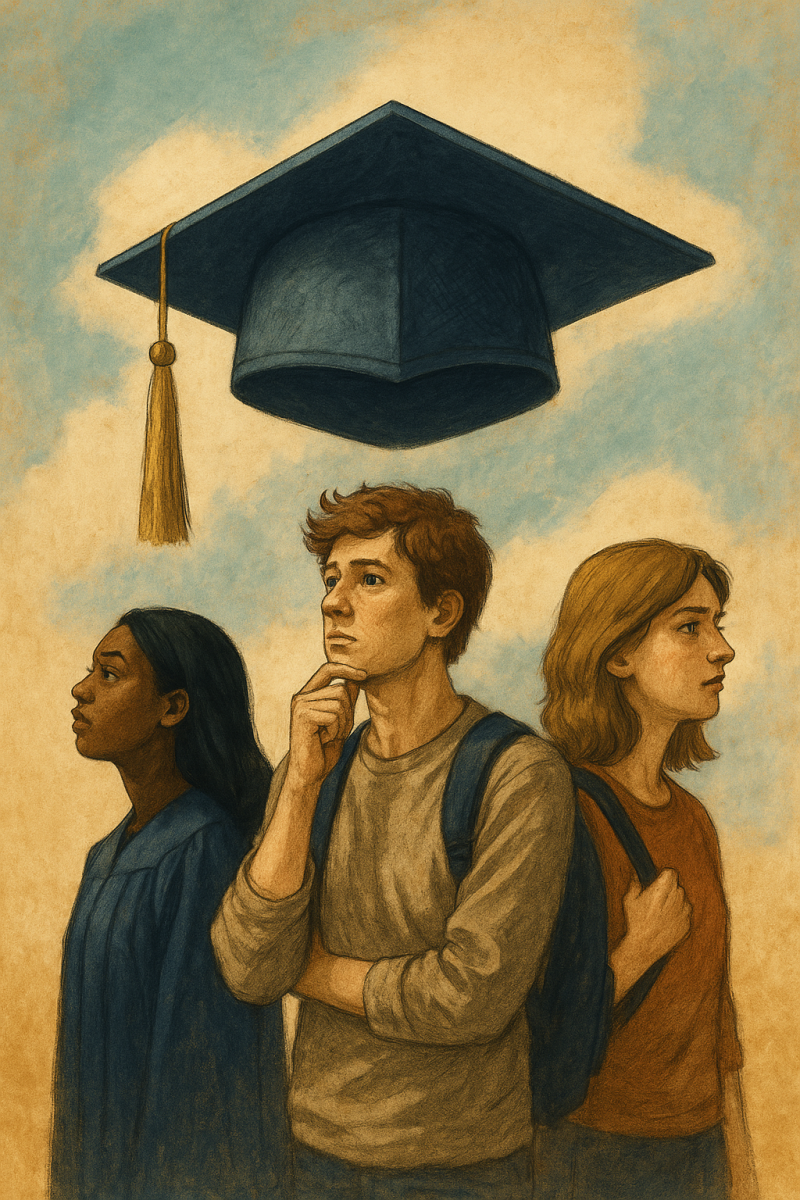Governor Gavin Newsom’s decision to implement a shelter-in-place order in March in response to the COVID-19 outbreak limited Californians to only leaving the house for essentials, and gatherings of over 250 people are discouraged.Â
In lieu of this, various major events such as concerts, weddings, graduations, sporting events, and conventions have been impacted. Hosts and participants of these events have been faced with the decision to either postpone until further notice or cancel altogether, which creates the potential for money lost on both ends.Â
Emily Fisher, a Grover Beach local, planned to attend Taylor Swift’s Lover Fest West, a festival built around Swift’s latest album, “Lover.†Lover Fest West, featuring Swift as the main act and a slew of artists as her openers, was slated for July 25 and 26 this summer, and would have signified the grand opening of SoFi Stadium in Inglewood, Calif.Â
Fisher bought the highly sought after tickets five months prior to the pandemic and subsequent shelter-in-place.Â
“I was in a virtual queue on the website every day at the beginning of the presale, and once it got to my turn in line it always said sold out,†Fisher said. “I got lucky on the day of public sale and snagged a pair of tickets after waiting in the virtual queue all day again.â€
Fisher’s time spent waiting in an online queue proved to be all for naught when Swift announced the postponement of the festival on Apr 17. Concrete dates have not been set for the festival, but Fisher and fans can expect Lover Fest West to occur sometime next year.
Fisher has opted to keep her tickets and wait for the new dates to be released, and the hotel she booked for the weekend has offered to refund her entirely.
“I reserved through Marriott and they have already sent out notifications that reservations can be cancelled with no penalty and advance deposits will be refunded,†Fisher said.
Many music fans along with Fisher have been notified that concerts and festivals in 2020 are being postponed, and other participants of major events that are out of their control are no exception.
Paige Grasmick, a sociology major at Sonoma State University, was set to graduate the weekend of May 16, and was notified mid-March that the commencement ceremony was to be postponed. Like the Lover Fest West festival, there is no definitive date for the ceremony, but graduates can expect to attend their ceremony when the college deems it safe to do so.
Despite not being able to walk at a physical graduation, Grasmick still intends to celebrate in her own way while adhering to the guidelines suggested by the CDC.
“I’m still planning on celebrating even if it’s not in the way I imagined doing so originally,†Grasmick said. “I want to make the best of the current circumstances and not let it stop me, my family and friends from acknowledging our achievements.â€
Events like weddings and elopements that are too close to or within the shelter-in-place dates have been cancelled or postponed by the venues, but couples with dates further out are having to make the decision themselves.Â
Deena Flores, an Alameda County based photographer, and fiancé Greg Manley originally planned to have their wedding in Peabody, Mass. on Sept. 5, but elected to postpone due to high risk family members.
“We’re going to elope in Big Sur on our original date, and wait to have our big wedding until October 2021,†Flores said.
Moving the wedding to next year eliminated health concerns, but rescheduling all vendors for the new date came with added fees.
“As somebody that works in the wedding industry, I was happy to pay those costs because I understand how difficult it is for a small business to adjust on such short notice,†Flores said.
On the flipside, vendors employed for these events are feeling the financial impact of COVID-19. Events like weddings, elopements and graduations are often a main source of income for vendors, and cancellations and postponements mean less money in the bank.Â
Brandi Royer, a local photographer, has turned to unemployment to make ends meet in the coming months, as spring and fall are usually her busiest and most profitable seasons.
“My spring sessions and weddings are typically what financially get me through the summer,†Royer said.
Most of Royer’s sessions have been postponed rather than cancelled, but the income she receives from deposits paid by new clients has declined.
“Usually I’d be receiving an average of two inquiries per week during this time [of the year] but I’ve only received two inquires over the past month and a half,†Royer said. “Deposits greatly help keep my business running during off seasons.â€
Given her drop in clientele and current financial situation, Royer attempted to file for unemployment as a small business owner, but was denied funds.
“I have not been able to be accepted for unemployment, food stamps, or any sort of assistance as a sole-proprietorship,†Royer said. Also, we are pushed towards the bottom of the list to get our stimulus checks. Almost all of my fellow photographers and artists that are typically highly successful are on the same struggle boat right now.â€
Royer’s sentiments regarding her current situation reflect how many employees, employers, business owners, students, parents, and anyone affected by the pandemic may be feeling. Whether it be financially, mentally, or both, COVID-19 has created a collective struggle.








